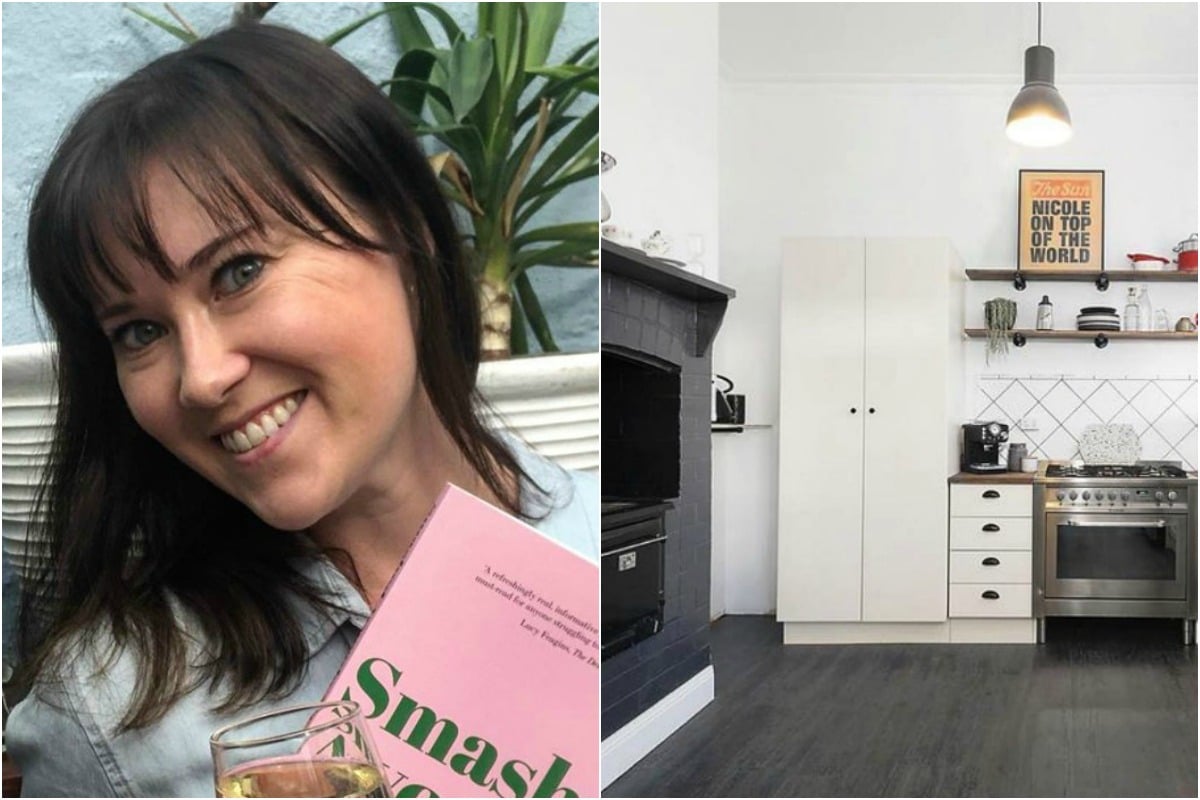
When Nicole Haddow hit 30, she got a harsh reality check. After living it up in her twenties, as one does, she found herself broke, in serious debt and living back home with her parents.
In her new book, the hilariously titled Smashed Avocado, Nicole explains how she transformed her financial position and managed to crack into the property market. She shares her story here.
A few weeks after moving home, and having pulled myself together after my 30th birthday meltdown, I sat down with Dad at the dining room table and took a financial whipping. His accounting experience makes him pretty handy with a spreadsheet, budget and projections.
I laid all my bank statements on the table. He was appropriately mortified. The taxis, drinks, brunches, clothes, haircuts, travel and spontaneous weekends away had added up to an account balance of precisely nothing. Actually, less than nothing, with the credit card debt.
But Dad looked at my income and said, ‘You can almost certainly afford a unit if you save for the next 12 to 18 months. You can manage mortgage repayments with your salary. They’re not much more than the rent you were paying. All you need is a deposit.’
I was stunned, and cautiously excited. I hadn’t thought it would be possible on a single salary. I’d been waiting for a guy to come along and work with me to buy a dream home. ‘No, Nic,’ Dad said. ‘You need a financial plan of your own.’ I realise the way I’d been thinking was pretty outdated. I’d been fiercely independent in my career, but buying on my own felt like too big a weight.
Top Comments
Easy for someone like you living with mummy and daddy. Not so easy for those being gouged by astronomical rent prices.
Nice story.
I don't think you need a financial planner or accountant to set a budget. Plenty of information online to sort that out, and accountants are extremely limited in the advice they can give.